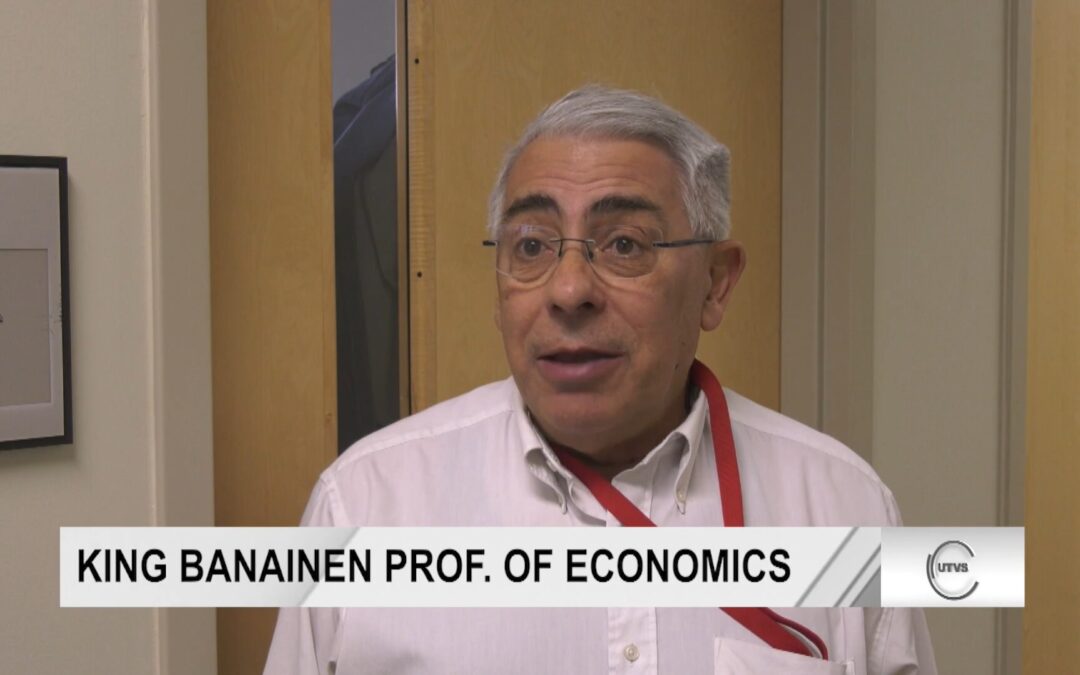Article by Luke Paider. Photo by Luke Padier.
The United States has had a chaotic week with how they’ve decided to handle international trade. On Saturday President Trump announced a 25% tariff on both Canadian and Mexican imports along with a 10% tariff on Chinese imports.
St. Cloud State Professor of Economics King Banainen made clear this was no surprise when he said, “Usually when one country tariffs another they will retaliate and place some counter tariffs on the country that tariffed first.”
But why add the additional tariffs if the chance of mutually assured destruction is so high? Banainen has the answer to that as well, “It has the benefit of getting a conversation started with another country to get some non-trade benefit.”
The U.S. was able to secure just that with both Mexico and Canada making moves to secure the border. Mexico sent 10,000 National Guard Troops to their northern border and Canada appointed a new fentanyl czar. In return the U.S. announced on Monday a 30 day delay of the start of the tariffs on Mexico and Canada. Alternatively the 10% tariff on China began on Tuesday and with only 30 days delay for the other countries, it’s important to know what these tariffs may look like.
The tariffs on Canada will affect transportation in more ways than one. First because cars travel across national borders so often car prices could rise. Also in the midwest Canadian oil is a big import so prices at the pump may rise as well. As for Mexico, produce like tomatoes and avocados will be the most affected. All in all these tariffs are estimated to cost American families up to $1,200 per year.
It’s important to remember that consumers aren’t the only ones who will feel the pressure from these added taxes.
St. Cloud Student Owen Sandlund pointed out,“Cost does not equal price but in the long run foreign producers operating on the margins will be dissuaded from producing due to this added cost to them which will lead to a shortage.”
For now the U.S., Mexico, and Canada have under a month to find a long-term solution and avoid a tariff war.






Recent Comments